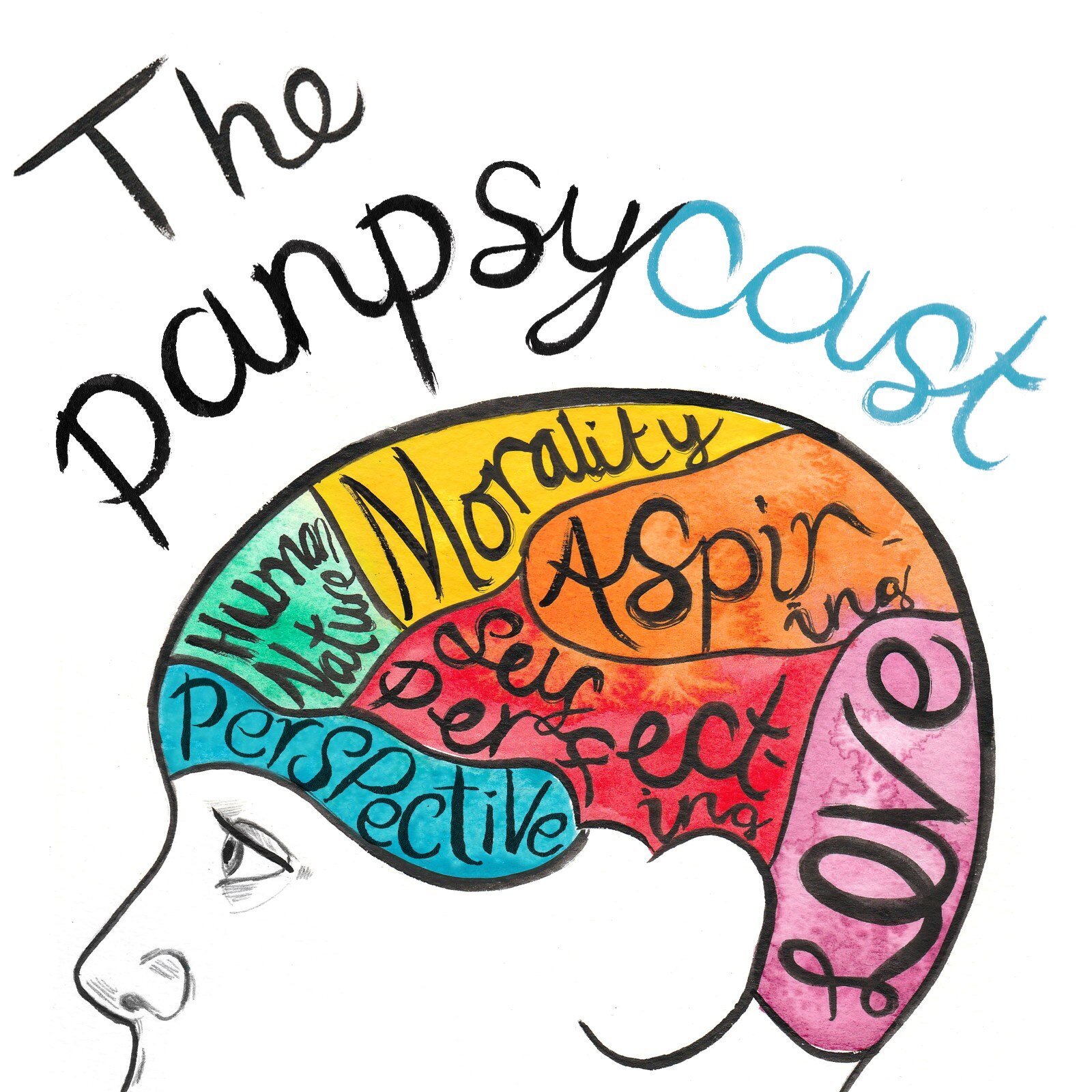Welcome to Episode 144 (Part II of II), where Pinker and Dawkins take questions from the audience.
This is a live recording from our recent show – The Future of Humanity – held on 3 June 2025 at London’s Royal Institution Theatre.
The event was a conversation between psychologist Steven Pinker and biologist Richard Dawkins – both previous guests on The Panpsycast – exploring the evolution of human beings and the challenges we face in the future. Richard leads the discussion, questioning Steve about his extensive catalogue of books and his contributions to psychology, sociology, and evolutionary theory. They focus a lot on the past but, eventually, get on to the future. It’s a brilliant exchange, covering a wide range of topics and packed with some of Pinker’s most important insights.
The first part of this podcast special is their free-flowing conversation; the second is a Q&A with the audience, hosted by Jack. Thank you to everyone who came along and made the show possible. Without further ado, here’s the audio from our live show – we hope you enjoy the conversation.
The file size is large, please be patient whilst the podcast buffers/downloads/enters the future
